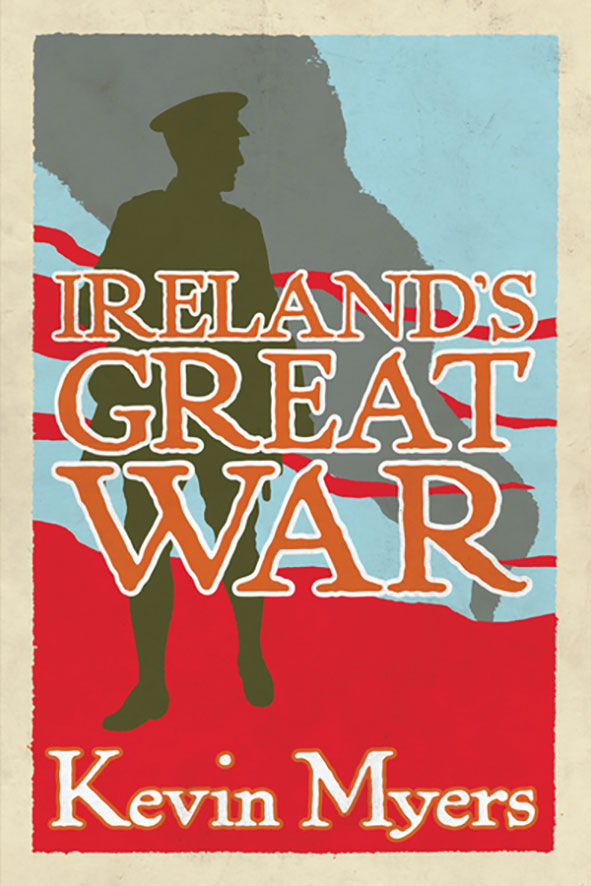1 April 2015 Edition
Kevin Myers stuck in the trenches
Book Reviews

When the people elected the First Dáil Éireann their democratic will was spurned by the British Government
Ireland’s Great War
by Kevin Myers.
Published by Lilliput Press, €20
JOHN BRUTON thinks the 1916 Rising should never have happened and that John Redmond should be revered. If Redmond had acted differently in 1914, this might very well have been the outcome. He could have stuck to his original call for the Irish Volunteers to remain in Ireland in defence of their country. But Redmond had long since sold his political soul to British imperialism and so he became a recruiting sergeant, leading thousands of Irishmen to their deaths in the senseless slaughter that was the First World War.
It is certainly the case that, after the war, nationalist Ireland had little time for public remembrance of those who died. Kevin Myers goes further and talks of “utter amnesia” and the “eradication of any knowledge of Irish involvement”. But he makes no attempt to explain why this was the case, apart from his usual casting of nationalists and republicans as the villains of the piece. However, in the course of this book, perhaps unwittingly, he provides the answers.
As the slaughter escalated, recruiting in Ireland declined. Disillusionment with Redmond and hostility to the war increased. Even before the 1916 Rising and the executions there had been a significant fall-off in recruitment to the British Army. The Rising was followed by two years of repression, mass imprisonment, increased censorship and, finally, the threat of conscription. When the people elected the First Dáil Éireann their democratic will was spurned by the British Government.
This rare passage from Myers regarding nationalists in the north-east has wider application across Ireland also:
“For a Northern Ireland state was most emphatically not what the nationalist volunteers [in the British Army] had fought for. A huge sense of injustice and betrayal amongst the nationalist community seems to have devoured all memory of its war losses.”
Not mentioned by Myers is the fact that thousands of nationalists who had fought in the British Army formed their own organisation in 1919 and protested in Dublin against repression, calling the army in which they had served the “army of occupation”. This is a perspective that Myers does not present.
It is worth remembering that Ireland is not alone among colonised nations in having seen large numbers of its people fight and die in imperialist armies. The great Indian National Congress leader Jawaharlal Nehru wrote:
“I remember the bitter remark of an Egyptian: ‘You have not only lost your own freedom but you help the British to enslave others.’”




